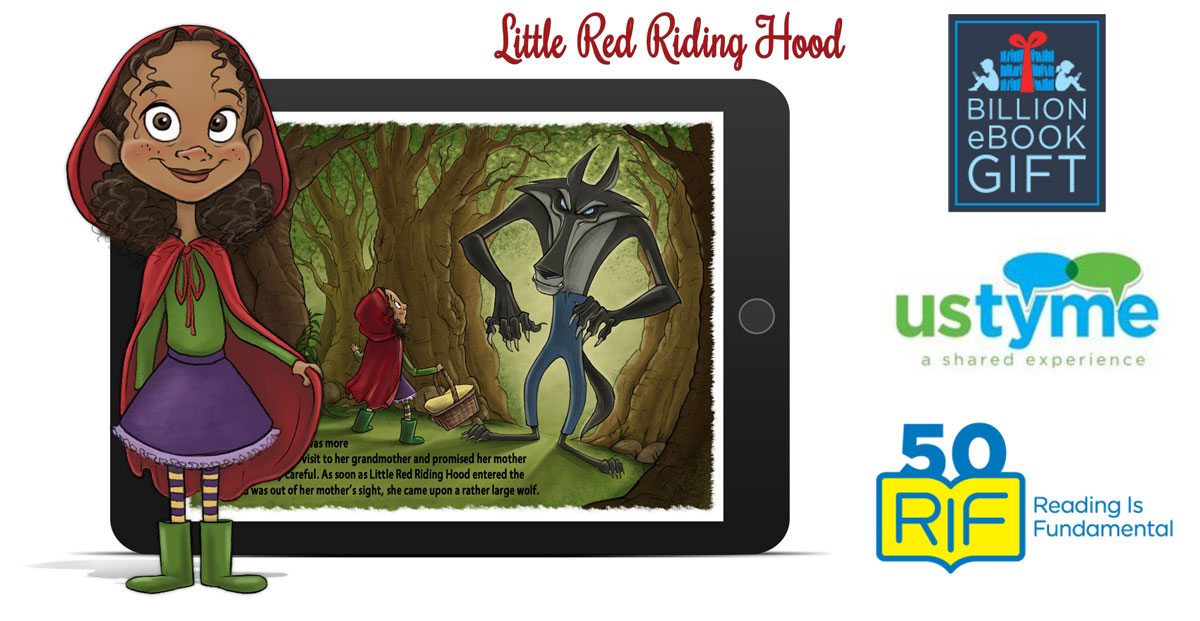

Image: The Penguin Press
It’s probably a safe bet that right this second, millions of people are playing games, in one form or another.
I’d also bet that few of them have put as much thought into the hows and whys of gaming over the past decade as game designer Jane McGonigal, author of the recently-released book Reality is Broken: Why Games Make Us Better and How They Can Change the World.
I first heard of McGonigal in 2009, when my daughter and I attended Penguicon 7.0 in Michigan. We didn’t make it to any of the gaming discussion panels she was on, but that’s when I started following her on Twitter and checking out things like her TED presentation. (And if you’re going to PAX East next month, I’d recommend not missing her keynote.)
It also happens that the past few years have been sort of a personal gaming renaissance for me, from my return to console video games for the first time in decades to explorations of new territory like Munchkin to re-learning Dungeons & Dragons alongside my family.
So while I don’t read a lot of academic-approach non-fiction, the timing and the subject matter had me jumping at Reality Is Broken – and I was richly rewarded for making the leap: I found it very difficult not to plow too quickly through this book – ideas and information are densely packed in the pages, but McGonigal manages to keep things flowing and extremely readable. I even found myself taking a cue from Jonathan Liu and marking passages and ideas that struck those aha! chords or set me off on mental tangents of my own.


Image: JaneMcGonigal.com
Divided into three parts, Reality is Broken opens with a section titled Why Games Make Us Happy. (What? You thought “Because they’re fun!” was enough of an answer?) From the beginning, McGonigal managed to both surprise me with new ideas and dovetail them with examples and anecdotes that were as familiar to me as the “fun failure” of Rock Band group play.
Driving this section is the idea that while games are often seen as an escape or a distraction, they actually help satisfy “the most powerful motivations we have other than our basic survival needs.”
Games, after all, are the quintessential autotelic activity. We only ever play because we want to. Games don’t fuel our appetite for extrinsic reward: they don’t pay us, they don’t advance our careers, and they don’t help us accumulate luxury goods. Instead, games enrich us with intrinsic rewards. They actively engage us unsatisfying work that we have the chance to be successful at. They give us a highly structured way to spend time and build bonds with people we like. And if we play a game long enough, with a big enough network of players, we feel a part of something bigger than ourselves – part of an epic story, an important project, or a global community.
You get to the real meat of the book, though, the second and third parts of Reality is Broken – Reinventing Reality and How Very Big Games Can Change The World – in which McGonigal looks at the ways gaming’s best aspects can be put to work in the real world, both through alternate reality game projects she’s worked on and in game-style approaches to collective problem-solving and other efforts.
There’s a wide range of gaming examples and experiments and theories in these chapters, from ideas on in-flight location-based game possibilities to McGonigal’s graveyard invention of Tombstone Hold ‘Em to pointing out that collaborative efforts like Wikipedia and the U.K. Guardian‘s “Investigate Your MP’s Expenses” journalism project work very much like the most successful of games. (In fact, driving home from a Gamma World session one afternoon, a few pieces from these chapters floated through my head and coalesced into a new idea for a work-related project. That’s the kind of thing that happens when you read a book like this.)
And toward the end, when you’re reading about the collective thought-experiment type games McGonigal developed in World Without Oil and Evoke, the brainstorms and possibilities generated by people doing nothing more than playing a game, it’s difficult not to feel like there’s a real power and potential out there waiting to be unlocked by gamer-think.
Disclosure: GeekDad received a copy of the book for this review.


